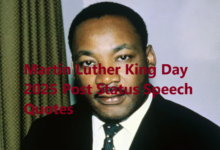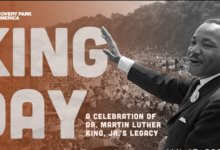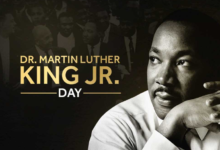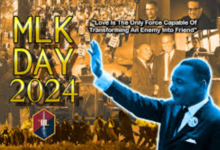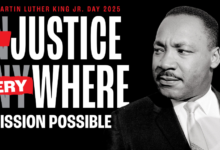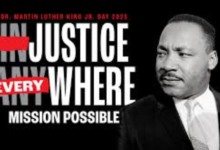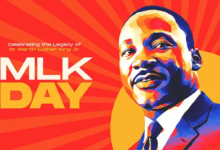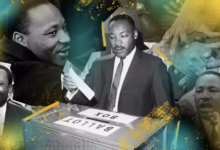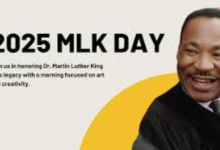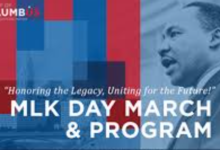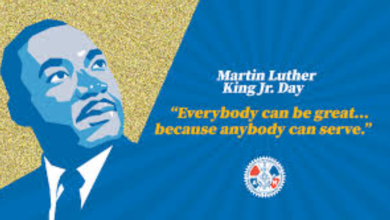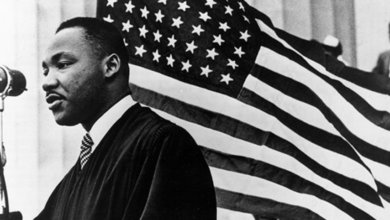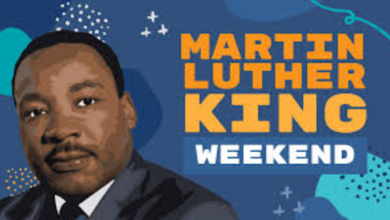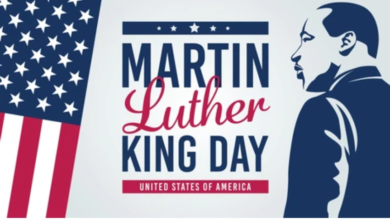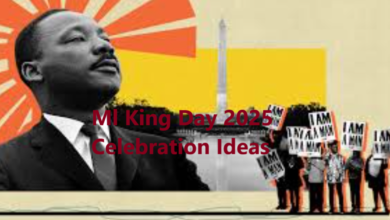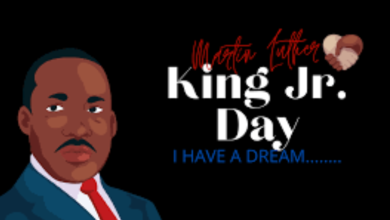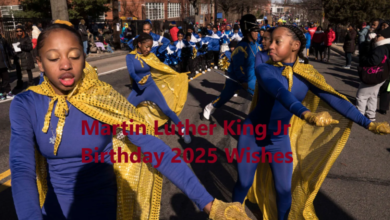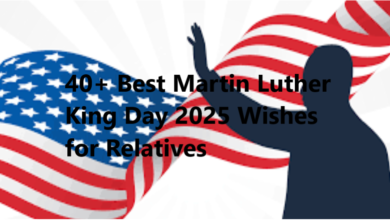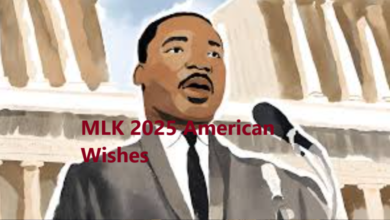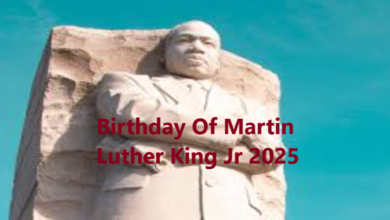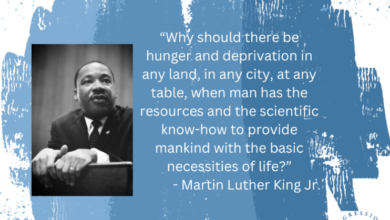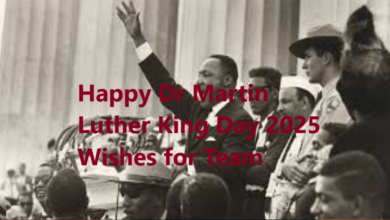Martin Luther King Jr Relationship
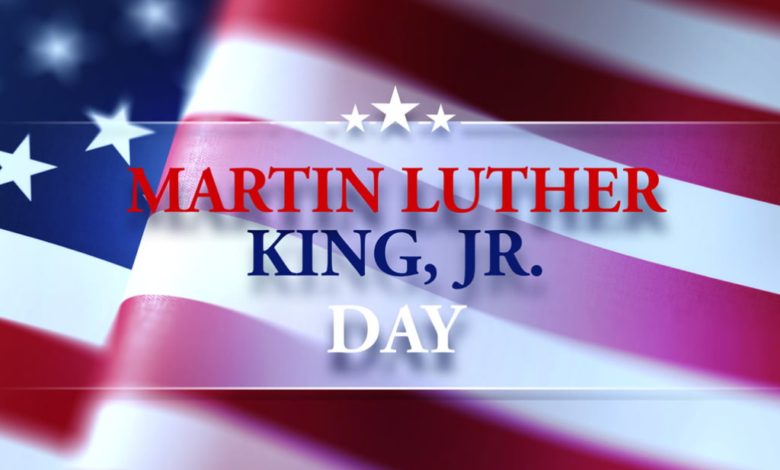
Dr. Martin Luther King Jr. is often celebrated as an iconic leader of the Civil Rights Movement, but his life extended well beyond his public speeches and marches. A closer look at King’s relationships—both personal and professional—reveals the influences, support systems, and challenges that shaped his remarkable legacy. From his marriage to Coretta Scott King to his collaborations with fellow leaders, understanding King’s relationships deepens our appreciation for his humanity and the complexity of his work.
The Bond Between Martin and Coretta
Partners in Love and Justice
When Martin Luther King Jr. met Coretta Scott in 1952, their shared values and ambitions created an immediate connection. They married in 1953, forming a partnership that extended far beyond the personal realm. Both were deeply committed to the fight for racial and social justice, effectively making them co-activists. Coretta was not just a supportive spouse but an essential collaborator in King’s work, often acting as a spokesperson and activist in her own right.
Coretta’s steadfast belief in nonviolence and equality complemented Martin’s leadership style. She played a vital role in organizing events, fostering connections with other activists, and sustaining the movement while King faced increasing pressure and scrutiny.
Weathering Challenges Together
The marriage between Martin and Coretta was far from free of challenges. Constant threats, exhaustive schedules, and the weight of societal change created strains on their partnership. Yet, their shared commitment to the Civil Rights Movement often held them together. Coretta, in particular, showed immense resilience in the face of adversity, continuing King’s work even after his assassination in 1968.
Coretta’s role as a mother to their four children further emphasized her strength. Balancing parenting with activism was no small feat, but she ensured that their family values of justice, love, and resilience were instilled in the next generation.
Collaborating with Civil Rights Leaders
Allies for Equality
King’s relationships with other leaders in the Civil Rights Movement were crucial to advancing their shared goals. He worked alongside prominent figures like Rosa Parks, who kickstarted the Montgomery Bus Boycott, and John Lewis, whose activism laid the groundwork for lasting change.
One of King’s most notable collaborations was with Ralph Abernathy, a close friend and fellow clergyman. Abernathy served as the co-founder of the Southern Christian Leadership Conference (SCLC), an organization instrumental in coordinating civil rights efforts. The bond between King and Abernathy underscored the power of unity and shared purpose.
King also maintained a close relationship with Bayard Rustin, a key strategist behind the March on Washington. Rustin’s political savvy and nonviolent philosophy had a profound influence on King’s approach, highlighting the importance of mentorship and mutual learning within the movement.
Building Bridges Beyond the Movement
King extended his relationships beyond civil rights leaders, forging connections with labor unions, religious organizations, and international figures fighting for justice. His work with Cesar Chavez and the United Farm Workers illustrated his belief in solidarity across movements, while his conversations with global icons like Mahatma Gandhi influenced his philosophy of nonviolent resistance.
These relationships underscored King’s understanding that the fight for equality was not confined to racial injustice but encompassed economic and social reforms on a global scale.
Friendships That Supported His Mission
A Trusted Inner Circle
King’s friendships often provided the emotional support he needed to sustain his grueling work. Among his closest friends was Stanley Levison, a businessman and activist who assisted King with speeches and fundraising efforts. Levison’s unwavering loyalty and insight were instrumental during pivotal moments in the movement.
Another critical figure in King’s personal life was Harry Belafonte, the renowned singer and activist. Belafonte not only provided financial backing but also served as a confidant, standing by King through both triumphs and struggles.
Community as a Source of Strength
Beyond individual friendships, King’s broader connection to the African American community was a constant source of inspiration. He drew strength from the countless individuals who risked their lives, livelihoods, and safety to participate in sit-ins, marches, and protests. These relationships fostered a sense of collective purpose that empowered the movement, reminding King that he was never alone in his fight for justice.
The Challenges of Maintaining Relationships
Public Scrutiny and Personal Struggles
Being in the spotlight brought unique challenges to King’s relationships. Constant surveillance by the FBI, fueled by J. Edgar Hoover’s attempts to discredit him, created immense stress and mistrust. King’s personal vulnerabilities, including allegations of infidelity, further complicated his relationships and became a source of public debate.
Despite these challenges, King’s commitment to the greater good often overshadowed personal struggles. His relationships with family, friends, and allies were a testament to his humanity—complex, imperfect, and deeply rooted in love and justice.
Continuing the Legacy Through Relationships
Coretta’s Enduring Impact
After King’s assassination, Coretta Scott King continued to champion his vision. Through the establishment of The King Center and her advocacy for policies rooted in social justice, she ensured that his legacy would endure for generations. Her relationships with other activists and leaders sustained the momentum of the movement, illustrating the power of collective leadership.
The Role of Modern Connections
King’s legacy lives on not only through historical recognition but also through relationships within today’s activist movements. Leaders across the globe draw inspiration from his ability to forge connections and rally communities toward a common cause.
